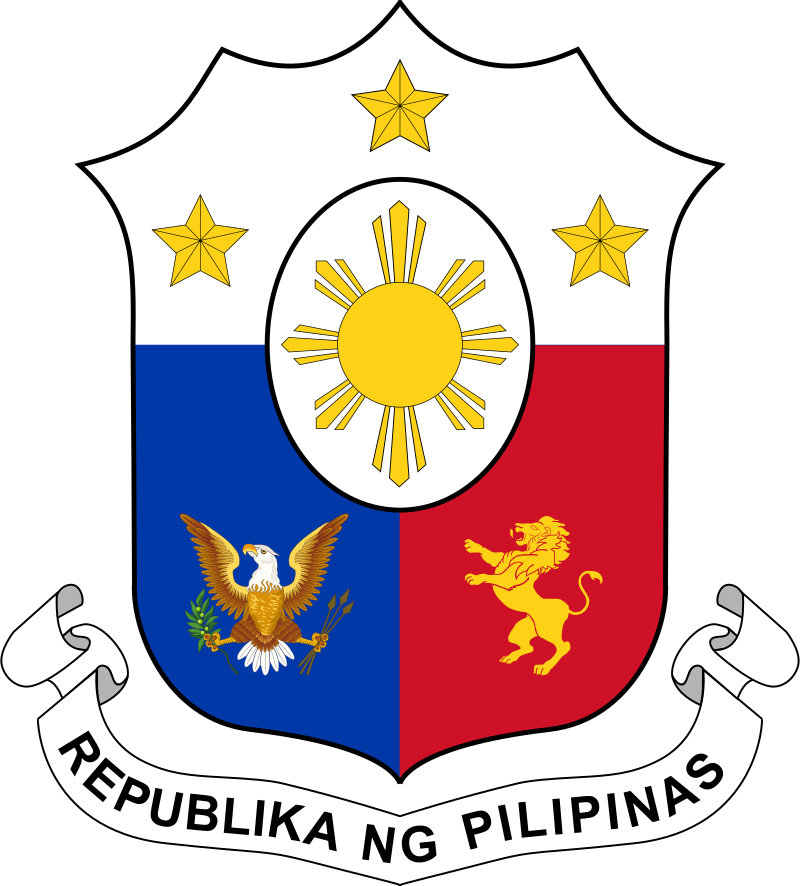EDUKASYON SA PAGPAPAKATAO
ito ay batay sa pilosopiyang Personalismo tungkol sa pagkatao ng tao at sa Virtue Ethics. Ayon sa pilosopiya ng Personalismo, ang ating mga ugnayan ay nakaugat lagi sa pagpapakatao. Nililikha natin ang ating pagpapakatao sa ating pakikipagkapwa.
Magandang Buhay! Mabuting Tao!
EDUKASYON SA PAGPAPAKATAO DEPARTMENT
The teaching of EsP has cognitive, behavioral, and affective dimensions. It begins with students’ understanding of the concept of responsibility to himself, his family, fellowmen, country, world, and God which leads to decision-making and responsible action.
In EsP, we find wisdom to understand and relate it to their actions and in their existence. In EsP, we can answer the most important question as claimed by philosophers: “What Makes Man Truly Human?” Therefore, EsP should not be disregarded. We need to see how important EsP is. Otherwise, the moral issues would never stop and would continue in next generation. We cannot blame therefore if youths today would neglect us in the future.

DepEd Order No. 31 s. 2012, entitled Policy Guidelines on the Implementation of Grades 1 to 10 of the K to 12 Basic Education Program (BEP) effective school year 2012-2013, provides details on the time allotment per learning area across grade levels. Edukasyon sa Pagpapakatao (EsP), one of the learning areas, is taught thirty (30) minutes per day or one hundred fifty (150) minutes per week in the elementary. In the Junior High School (JHS), it is taught two (2) hours per week or one (1) hour a day for two (2) days per week.
In order to ensure that all content and performance standards are covered including mastery of the competencies designed in the Curriculum Guide (GC) in each grade level, Schools Division Office of Isabela issues this Customized Policy Guidelines for implementation starting school year 2019-2020.
The teaching of EsP has cognitive, behavioral, and affective dimensions. It begins with students' understanding of the concept of responsibility to himself, his family, fellowmen, country, world, and God which leads to decision-making and responsible action.


At huwag nating kaligtaan ang paggawa ng mabuti at ang pagtulong sa kapwa, sapagkat iyan ang alay na kinalulugdan ng Diyos.
– Hebreo 13:16

